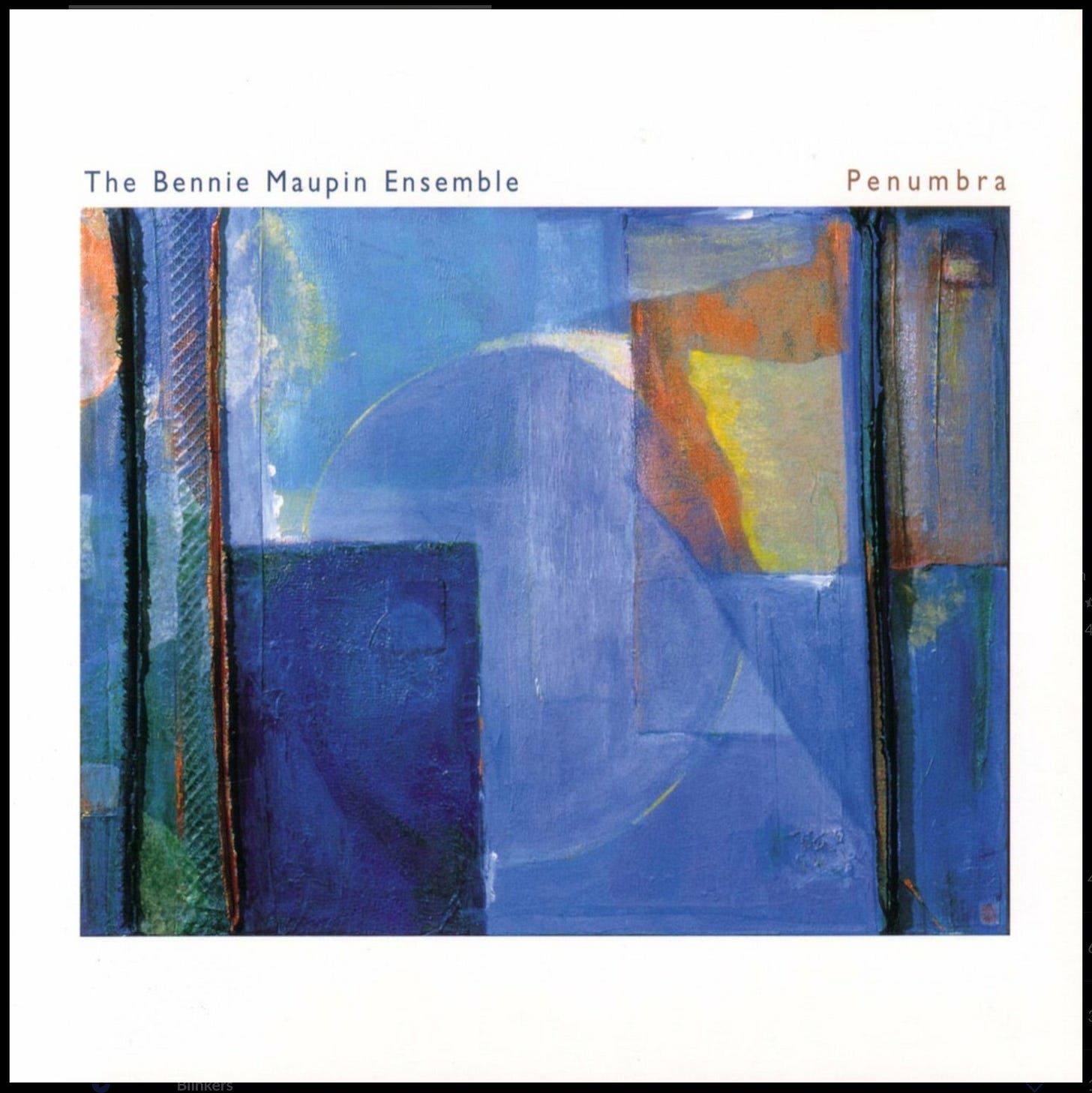I want to tell you about Bennie Maupin. No, not Bernie Taupin, the English lyricist who’s co-written with Elton John for fifty years. Bennie Maupin, the Detroit-born woodwind player who also collaborated with genius, i.e. Miles Davis and Herbie Hancock. Bennie is one of a handful of elite musicians on Bitches Brew, probably the most important jazz album of the past 50 years, as well as all the early 70s Miles albums, a pinnacle period of musical creation. Bennie was a distinctive voice in everything Herbie did that entire 70s decade, including the Mwandishi and Headhunters projects. Maupin is clearly somebody they thought (along with other collaborators Horace Silver, Lee Morgan and Jack DeJonette) sounded like nobody else on earth, and they were right. Bennie plays flute and saxophones, but his signature sound and the thing that gets me bonkers is the bass clarinet. As an audio lover, the sounds that most excite and mystify me are lower-register woody instruments, from the double bass and cello to the baritone sax or organ. And there is nothing like a bass clarinet. It’s one of the richest tones I’ve ever heard, and Maupin feels every bit of it.
Maupin’s recordings as a leader have been infrequent but profound. His 1974 album on ECM The Jewel In The Lotus is heralded as a classic, and I do indeed love it. I’ve spent a little time with his excellent 1998 acid-jazz hip-hop album Driving While Black... But I’ve recently latched on in a very big way to his 2006 album Penumbra. The title is a word I love, meaning a surrounding shadow or aura. The session isn’t a natural for me, because it lacks both piano and guitar, the chordal instruments that sit in the middle and define the harmony. Instead, this is a quartet of a drummer (Michael Stephans), a percussionist (Darryl Munyungo Jackson), a bass player (Darek Oleszkiewicz) and Bennie. That is the definition of brave. But there’s not a single missing thing, and the rhythmic interplay on this album is just epic and inventive. It’s seriously danceable art music, not for the easy listening crowd, but just wildly coherent and melodic. I’d like to think after all this schooling myself I can sometimes detect greatness, and I think this album stands with the finest jazz ensemble projects.
I won’t try to describe the tunes, but I’ll suggest the opening track “Neophilia” and “See The Positive” (below) as great starting points. This is all about the rich textural sounds, an ace hi-fi album, with weirdly present double bass, bass clarinet in all its warm chocolate glory, marimba, shakers, boxes, sticks and more. The rhythm is flawlessly funky. Let me know what you think.



